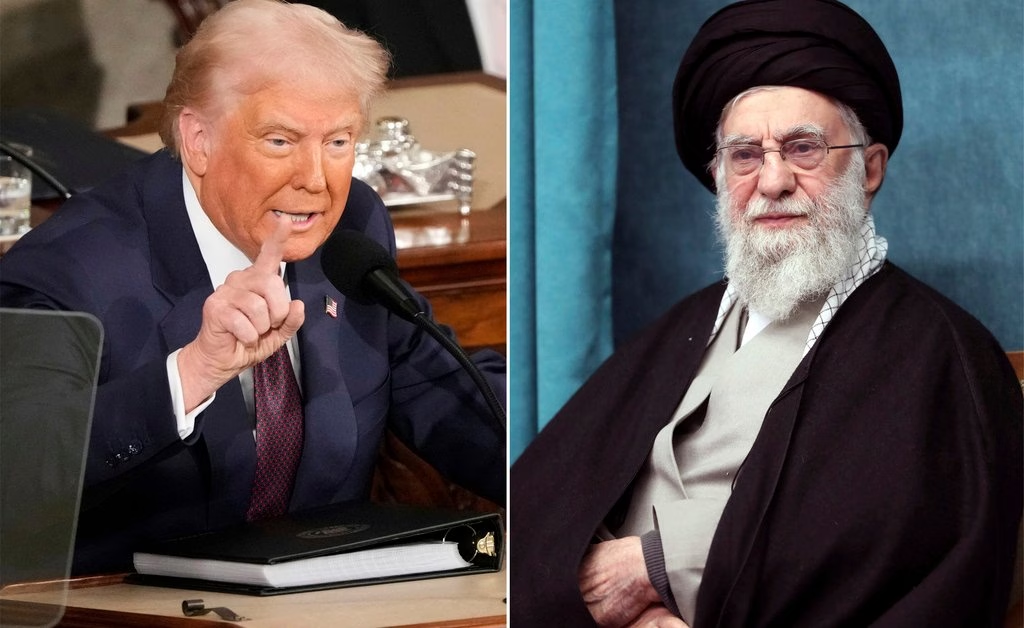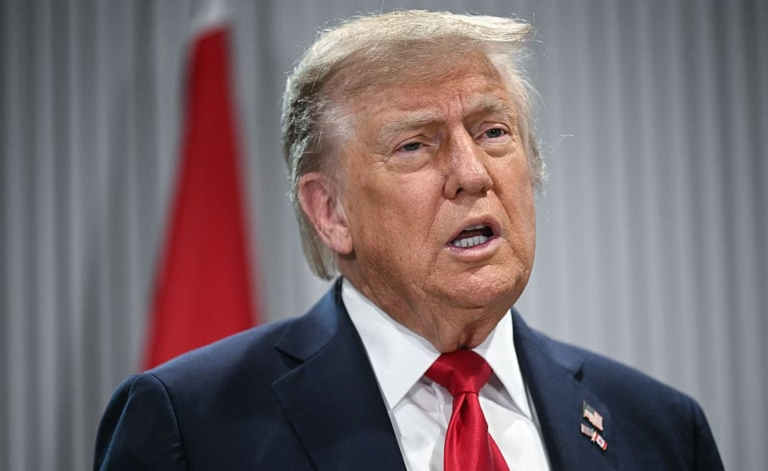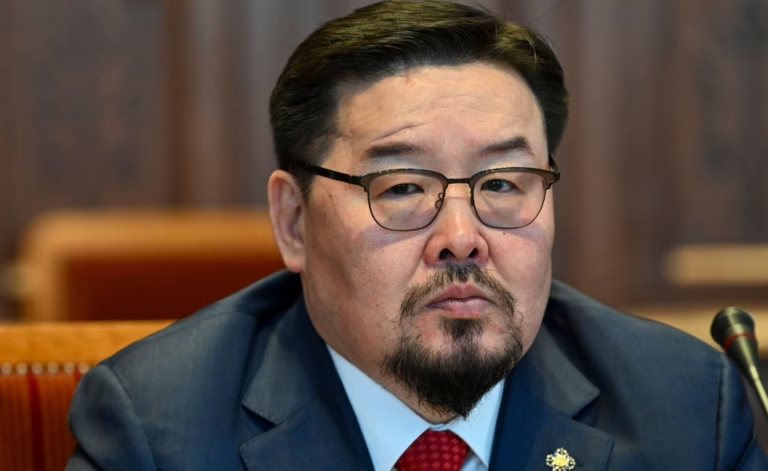In Dubai, United Arab Emirates, Iran has chosen not to engage in direct talks with the United States in response to a letter from U.S. President Donald Trump aimed at addressing Tehran’s rapidly advancing nuclear program. Instead, Tehran is open to indirect talks, an approach that has yet to yield any progress since Trump unilaterally pulled the U.S. from the nuclear deal with Iran in 2018.
Trump has threatened additional sanctions against Iran as part of his “maximum pressure” campaign and has not ruled out military action, while still expressing his belief that a new deal could be reached. Iran’s Supreme Leader Ayatollah Ali Khamenei has warned that Iran will respond to any attack with its own.
The situation between Iran and the U.S. has been tense for decades, stemming from the 1979 Islamic Revolution and further exacerbated by events such as the U.S. support of Saddam Hussein during the Iran-Iraq War and the accidental shooting down of an Iranian commercial airliner. Iran’s nuclear program is a major concern to the West due to the country’s threats to pursue a nuclear weapon and its enrichment of uranium to near weapons-grade levels. Despite this, U.S. intelligence agencies have assessed that Iran has not yet commenced work on a nuclear weapons program.
Source: https://time.com/7273029/us-iran-tensions-explainer-trump-khamanei/








